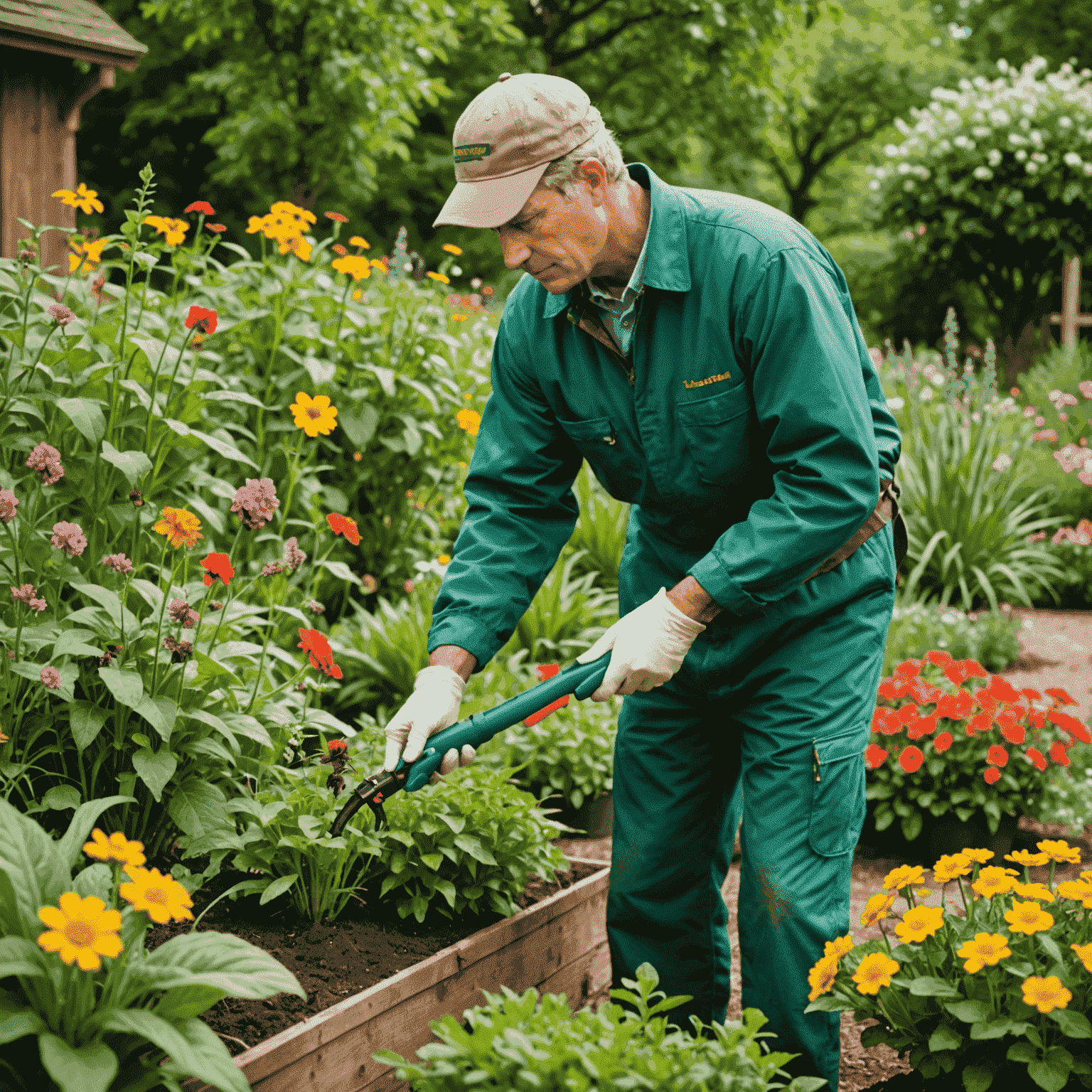Organic Pest Control Methods

Protecting your garden from pests doesn't have to mean resorting to harmful chemicals. Learn how to implement eco-friendly techniques that keep your plants healthy while preserving the natural balance of your garden ecosystem.
Understanding Garden Pests
Before diving into control methods, it's crucial to identify common garden pests and understand their life cycles. This knowledge will help you implement targeted, effective strategies.
Common Garden Pests:
- Aphids
- Caterpillars
- Slugs and Snails
- Spider Mites
- Whiteflies
Natural Pest Control Techniques
1. Companion Planting
Strategically planting certain flowers and herbs alongside your vegetables can repel pests naturally. For example, marigolds deter many insects, while basil can keep mosquitoes and flies at bay.
2. Beneficial Insects
Encourage beneficial insects like ladybugs, lacewings, and praying mantises to inhabit your garden. These natural predators will help control pest populations.
3. Homemade Organic Sprays
Create your own pest-deterrepellent sprays using ingredients like neem oil, garlic, or soap. These natural solutions can be effective against a variety of pests without harming beneficial insects.
4. Physical Barriers
Use row covers, netting, or copper tape to physically prevent pests from reaching your plants. This method is especially effective for larger pests like birds or rabbits.
5. Crop Rotation
Regularly rotating your crops can disrupt pest life cycles and prevent the buildup of species-specific pests in the soil.

Maintaining a Healthy Garden Ecosystem
Remember, the key to effective organic pest control is creating a balanced, healthy garden ecosystem. Focus on building healthy soil, providing adequate water and nutrients, and encouragingting biodiversity in your garden space.
Tips for a Thriving Garden:
- Use compost to enrich your soil
- Practice proper watering techniques
- Mulch to retain moisture and suppress weeds
- Prune and remove diseased plant material promptly
- Encourage wildlife like birds and beneficial insects
By implementing these organic pest control methods and maintaining a healthy garden environment, you'll be well on your way to growing a thriving, sustainable garden without relying on harmful chemicals. Happy gardening!